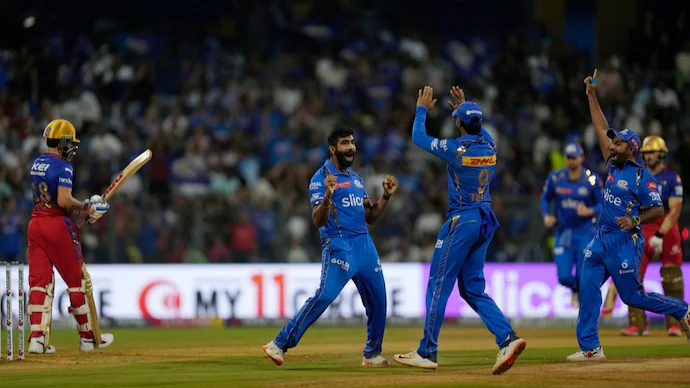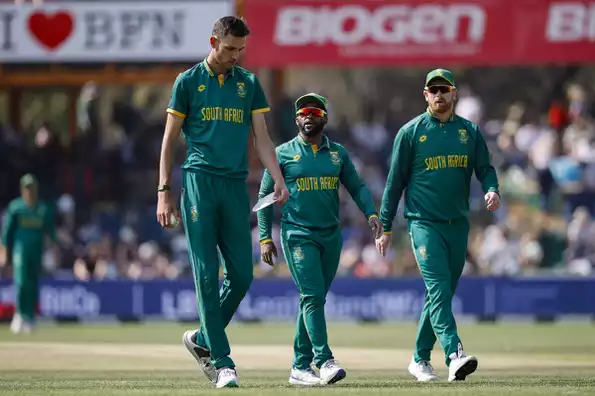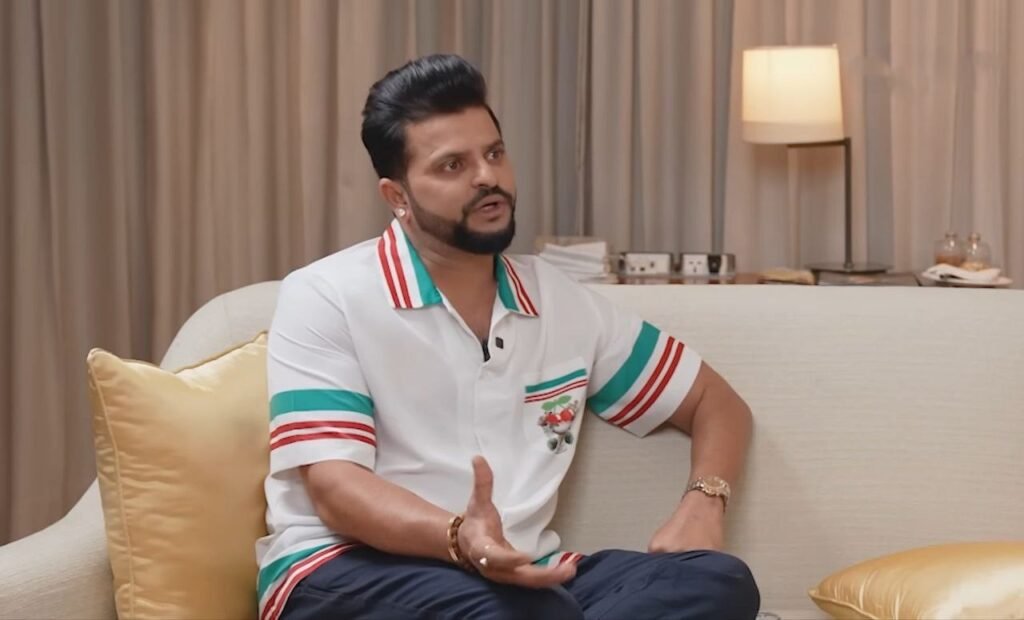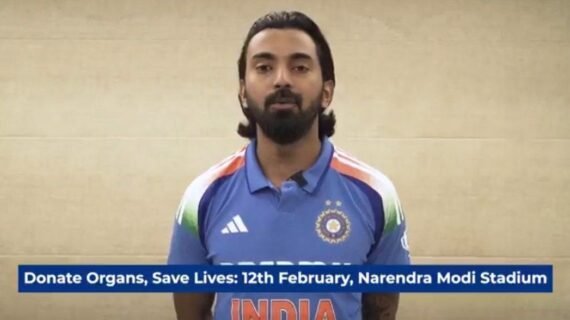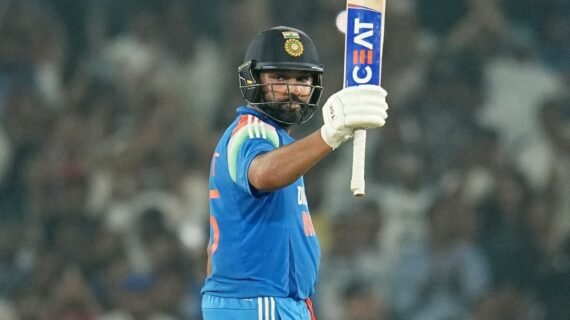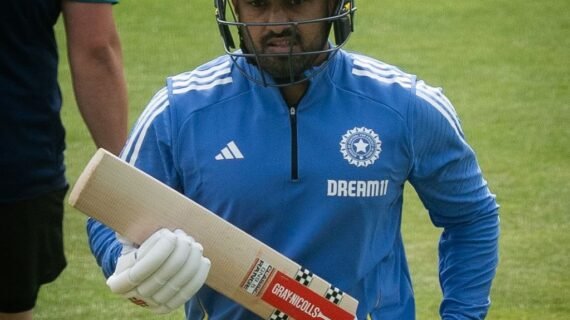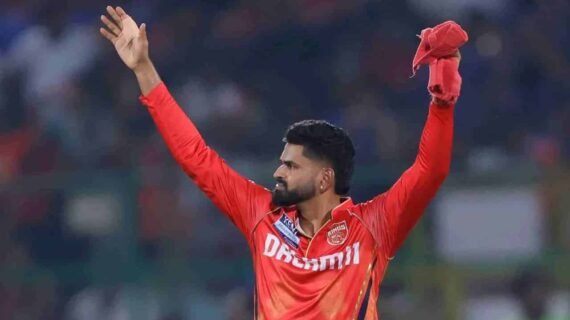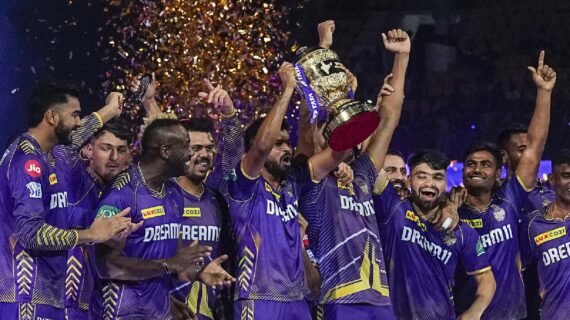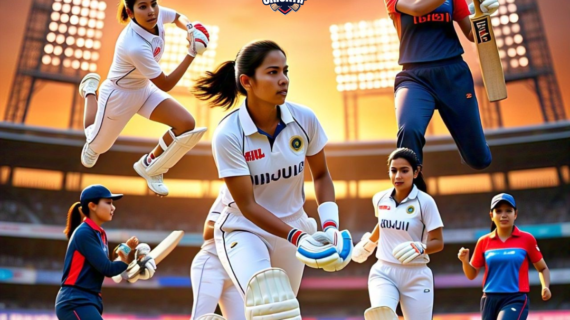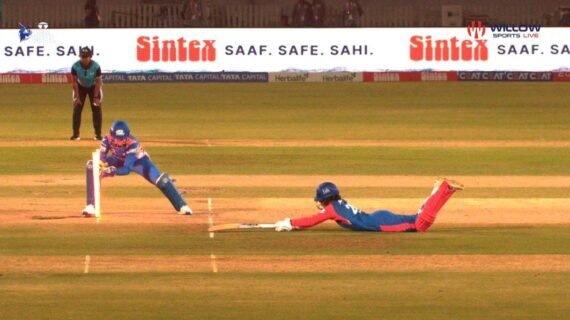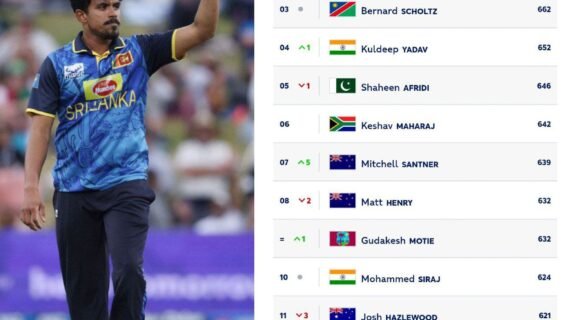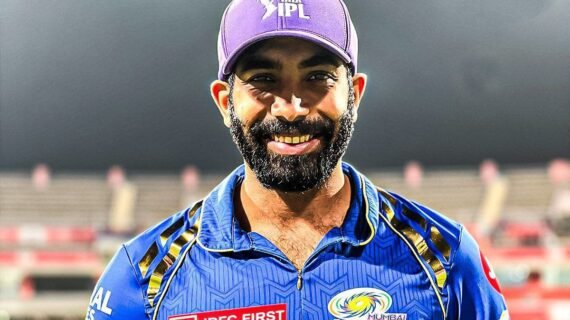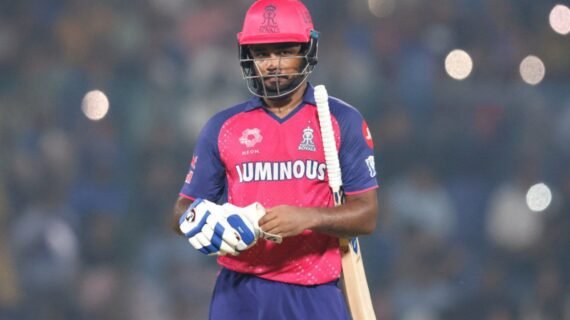Now Reading: BCCI Officials to Discuss Central Contracts & Support Staff Overhaul in Guwahati Meeting
-
01
BCCI Officials to Discuss Central Contracts & Support Staff Overhaul in Guwahati Meeting
BCCI Officials to Discuss Central Contracts & Support Staff Overhaul in Guwahati Meeting

Major Changes Expected in Indian Cricket as BCCI Officials Set to Meet on March 29
Indian cricket is poised for significant changes as the Board of Control for Cricket in India (BCCI) officials, including Secretary Jay Shah, newly appointed Team India mentor Gautam Gambhir, and Chairman of Selectors Ajit Agarkar, are set to meet in Guwahati on March 29. The meeting is expected to revolve around crucial decisions regarding the central contracts of key players and potential modifications in the team’s support staff.
This meeting comes at a crucial juncture, as the Indian cricket team is entering a transition phase, with younger players staking their claim for permanent spots while several senior cricketers are contemplating their future in international cricket. With an eye on upcoming tournaments like the 2025 ICC Champions Trophy and the 2026 T20 World Cup, the BCCI wants to ensure that Team India is in the best possible shape, both in terms of personnel and strategy.
Key Focus Areas of the Meeting
1. Central Contracts Under Scrutiny
One of the most anticipated discussions in this high-profile meeting is the revision of central contracts for Indian cricketers. Several senior players, including some established stars, could face alterations in their contracts based on their recent performances, fitness concerns, and long-term availability.
The BCCI’s annual central contract system categorizes players into four grades:
- Grade A+ (INR 7 crore per year): Reserved for elite players who are regulars across all formats.
- Grade A (INR 5 crore per year): Players featuring prominently in at least two formats.
- Grade B (INR 3 crore per year): Consistent performers in one or two formats.
- Grade C (INR 1 crore per year): Players on the fringe of the national team.
There have been indications that certain players who have been out of favor due to injuries or inconsistent performances might see a downgrade or even exclusion from the contract list. Conversely, promising youngsters who have performed exceptionally well in domestic and international cricket could be rewarded with upgraded contracts.
Among the players under review, veterans like Rohit Sharma and Virat Kohli, who are still integral to India’s plans, could retain their A+ category contracts, while some experienced players who have struggled with form may find themselves in lower tiers. Meanwhile, emerging talents such as Yashasvi Jaiswal, Rinku Singh, and Shubman Gill are expected to receive lucrative upgrades.
A notable point of discussion will also be Hardik Pandya’s contract, given his sporadic availability in Test cricket. With the BCCI keen on ensuring players commit to red-ball cricket, all-rounders like Pandya might be nudged towards playing more Tests to retain a top-tier contract.
2. Reshuffling of Jumbo Support Staff
Another major topic of discussion will be the overhaul of the Indian cricket team’s support staff. With Gambhir now playing a crucial role in shaping the team’s future, there is speculation that fresh faces will be brought in to improve the team’s overall preparation and performance.
Reports suggest that several members of the current coaching staff, including batting, bowling, and fielding coaches, might be replaced. This could be an effort to bring in a fresh perspective and align the coaching philosophy with the aggressive and fearless brand of cricket that Gambhir is known for advocating.
Some potential replacements being discussed include:
- A new batting coach to work closely with young talents like Shubman Gill and Ruturaj Gaikwad.
- A bowling coach who can provide a fresh approach for India’s fast bowlers, given the growing competition in the pace department.
- A fielding coach who can help improve India’s catching and ground fielding, which has been a concern in recent years.
There is also a possibility of introducing new specialists for fitness and mental conditioning to ensure that players remain at their peak throughout the year, especially with a jam-packed cricketing calendar leading up to the 2025 Champions Trophy and 2026 T20 World Cup.
3. The Impact of IPL on Central Contracts
Another key consideration in the contract discussions will be the role of the Indian Premier League (IPL). The BCCI has been concerned about the growing trend of players prioritizing the IPL over international commitments, particularly in longer formats like Test cricket.
With huge financial incentives in the IPL, many centrally contracted players have opted to skip international assignments to preserve themselves for the league. The BCCI is reportedly considering adding clauses to central contracts that require players to maintain a balance between franchise and national commitments. One proposed change could be making it mandatory for all contracted players to participate in a certain number of domestic first-class games each season if they are not playing Test cricket regularly.
This move is expected to particularly impact white-ball specialists, who often opt out of domestic red-ball games. By enforcing such measures, the BCCI aims to ensure a strong pipeline of talent for Test cricket while keeping players match-fit throughout the year.
4. Preparing for the Future: Focus on Young Talent
With the ICC Champions Trophy 2025 and T20 World Cup 2026 in mind, the selectors and BCCI officials will also discuss long-term team-building strategies. Players like Ruturaj Gaikwad, Tilak Varma, and Prasidh Krishna are expected to be fast-tracked into the senior squad, while the team management will also assess how to integrate IPL performers into the national setup.
Additionally, the rise of young fast bowlers like Mukesh Kumar and Akash Deep presents a selection dilemma for India. With Jasprit Bumrah and Mohammed Shami being rested strategically to manage their workload, the BCCI is keen to ensure that backup pacers get ample exposure at the highest level.
Potential Impact on Indian Cricket
The decisions made in this meeting could have far-reaching consequences for Indian cricket. If experienced players face contract demotions or exclusions, it might signal a transition phase where younger players are given the responsibility to carry the team forward. On the other hand, a revamped support staff could inject fresh energy into the squad and help India maintain dominance across formats.
Moreover, these changes will be closely monitored by Indian Premier League (IPL) franchises, as many contracted players are also key figures in the league. Any modification in their BCCI contracts could influence their approach and availability for the upcoming IPL seasons.
Conclusion
The upcoming BCCI meeting in Guwahati on March 29 promises to be a game-changer in shaping the future of Indian cricket. With contract revisions and a possible support staff shake-up on the agenda, the Indian cricket team could see significant transformations in the coming months. Fans and analysts will be eagerly waiting for official announcements post-meeting to understand how these changes will impact the team’s fortunes in international cricket.
As India looks ahead to a busy calendar filled with crucial bilateral series and global ICC events, the outcome of this meeting could determine the direction of Indian cricket for the next few years. The stakes are high, and every decision taken on March 29 will be closely scrutinized by the cricketing fraternity.
- Advantage Sample 1
- Disadvantage Sample 1











